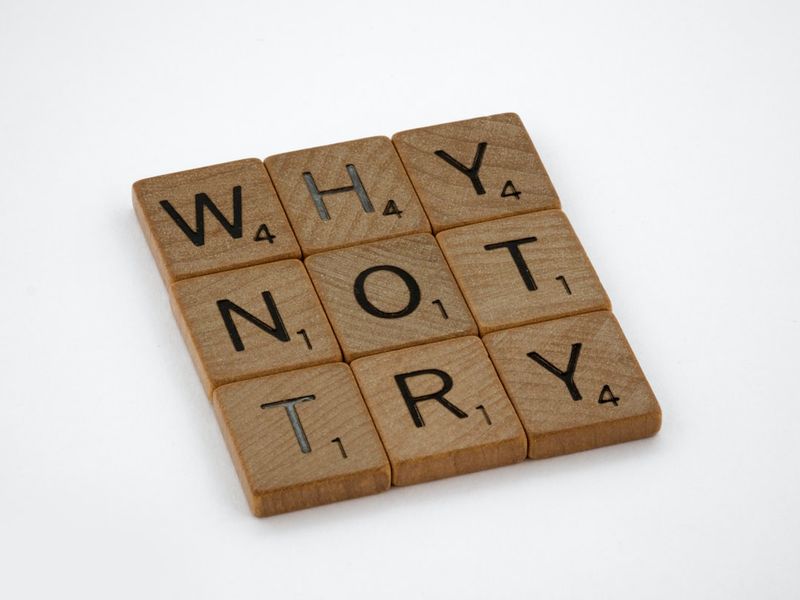Brian Cox Takes a Stand Against “Woke Culture”
In a recent interview with Piers Morgan, Scottish actor Brian Cox made headlines with his criticism of “woke culture” and social media. Cox, known for his role in the hit show “Succession,” expressed his disdain for what he sees as a culture of public shaming and hypocrisy, driven by millennials who have taken it upon themselves to be the arbiters of societal norms.
The Critique of Social Media and “Woke Culture”
Cox argued that social media does more harm than good, pointing out that it highlights people’s inadequacies rather than fostering genuine understanding and change. He labeled “woke culture” as “truly awful,” suggesting that it stems from the wrong principles and comes from a place of misguided judgment.
The concept of being “woke,” according to Merriam-Webster, refers to being aware and actively attentive to important societal issues, particularly those related to racial and social justice. However, Cox’s criticism lies in the perceived excessive and indiscriminate nature of the movement, where he believes that individuals are quick to condemn without proper consideration of the nuanced complexities surrounding these issues.
Hypocrisy and the Casting of Stones
This is not the first time Cox has expressed his concerns about what he sees as cancel culture. He previously likened it to McCarthyism, a witch-hunt that seeks to diminish individuals and suppress their ideas. Cox highlighted the hypocrisy of those participating in cancel culture, referencing the biblical phrase “Let he or she without sin cast the first stone.” He argued that there is an abundance of stone-casting without adequate self-reflection.
Cox’s comments have ignited debate, with some applauding his courage to challenge prevailing social attitudes, while others argue that he may be dismissing the legitimate concerns raised by the woke movement. The clash between free expression and cancel culture remains a divisive and highly charged topic in contemporary discourse.
Philosophical Reflection: The Dilemma of Woke Culture
The discussion surrounding woke culture raises important philosophical questions about the nature of moral responsibility and the boundaries of acceptable discourse. While it is crucial to stand against injustices and work towards social progress, the question arises: at what point does the quest for justice turn into stifling conformity, hindering genuine dialogue and intellectual growth?
The Complex Nature of Societal Change
Societal progress requires ongoing dialogue, empathy, and a willingness to listen to different perspectives. However, the danger lies in the potential for a culture of fear and self-censorship that discourages individuals from expressing non-conforming ideas. The pursuit of equality and justice should not entail suppressing dissenting voices or punishing individuals for personal growth and learning from past mistakes.
Moving Forward: Finding Common Ground
While it is essential to address the valid concerns raised by the woke movement, we must also foster an environment where open discussion and respectful disagreement can flourish. Celebrating diversity of thought and engaging in constructive conversations is vital for real change to occur.
Editorial: The Need for Nuance and Understanding
It is important to recognize that intellectual growth and progress often occur through questioning prevailing beliefs and engaging in rigorous debate. However, denouncing entire movements or dismissing their concerns without careful consideration can be counterproductive.
While it is reasonable to critique extreme manifestations of woke culture, it should not diminish the importance of addressing systemic inequalities and injustices. Instead of engaging in divisive rhetoric or resorting to cancel culture, we should strive for a more nuanced understanding of each other’s perspectives to foster meaningful change.
In conclusion, Brian Cox’s critique of “woke culture” highlights the ongoing debate surrounding the nature of social progress, freedom of expression, and the limits of public discourse. While it is essential to address societal issues, it is equally important to foster an environment that encourages dialogue and critical thinking, rather than conformity and fear. Balancing the quest for justice with the need for understanding and respect is crucial for creating a more inclusive and equitable society.

<< photo by Czapp Árpád >>
The image is for illustrative purposes only and does not depict the actual situation.




